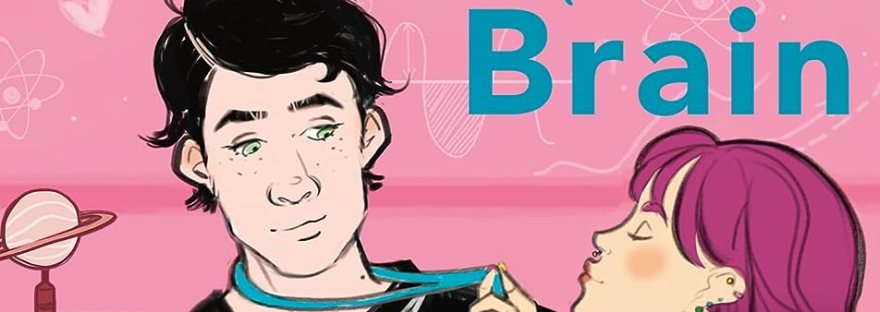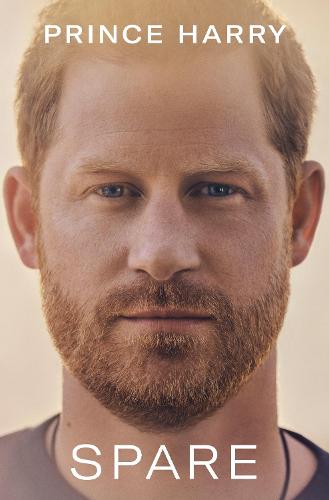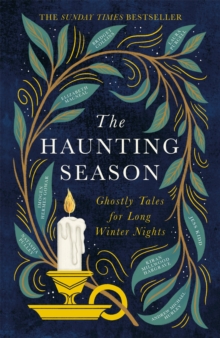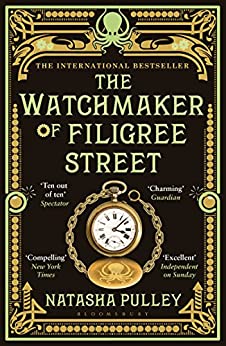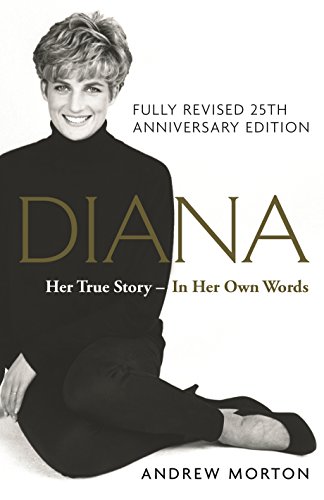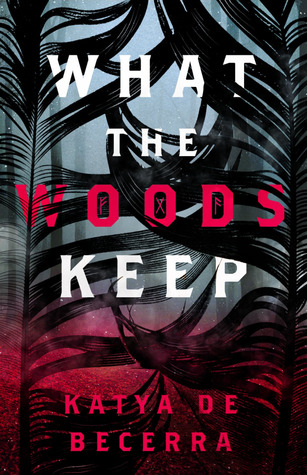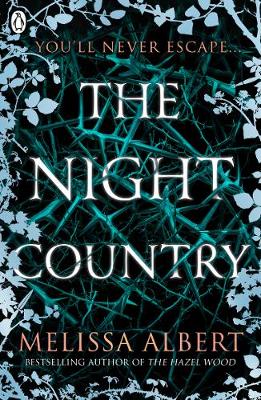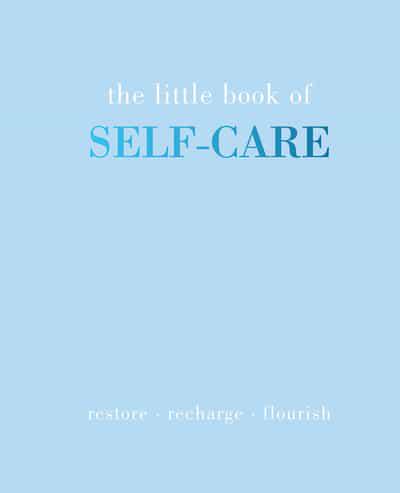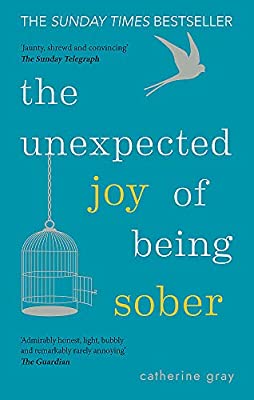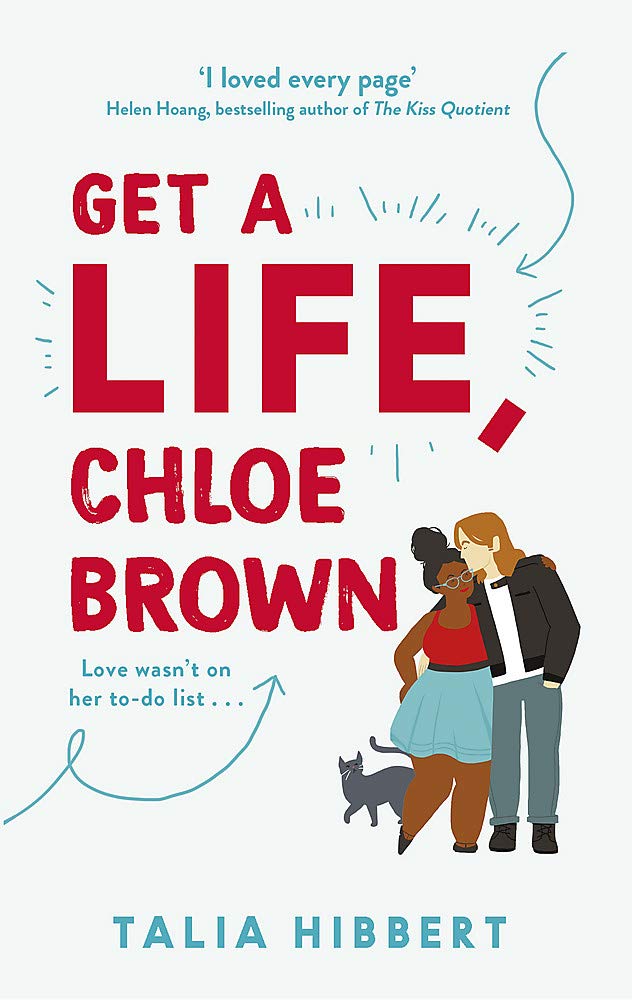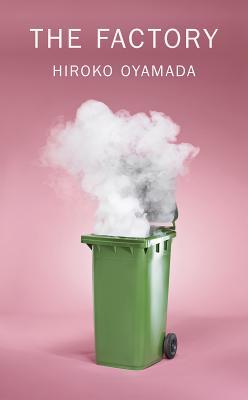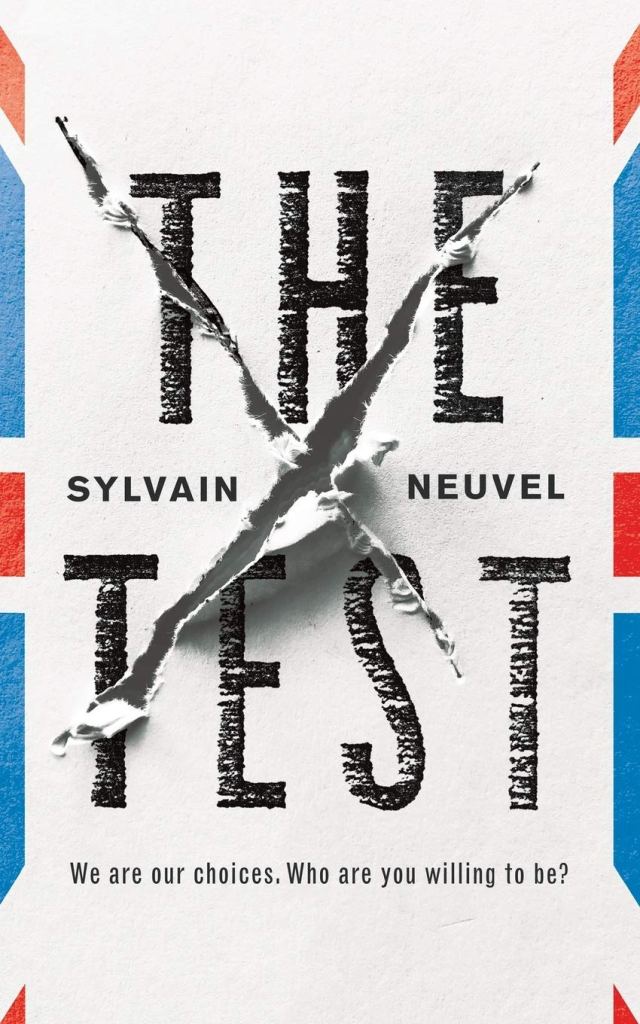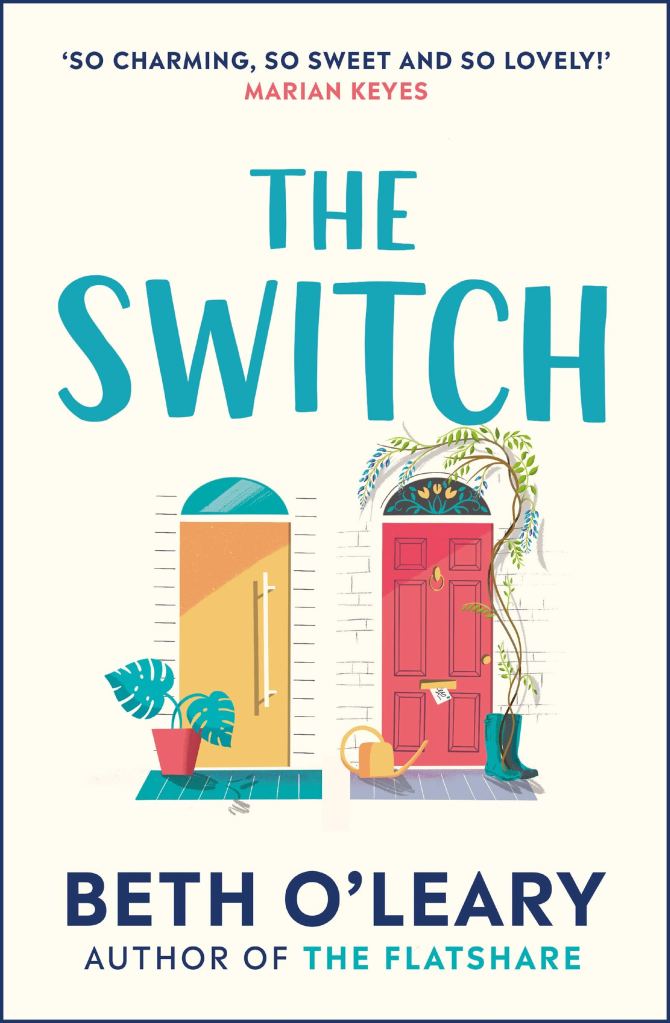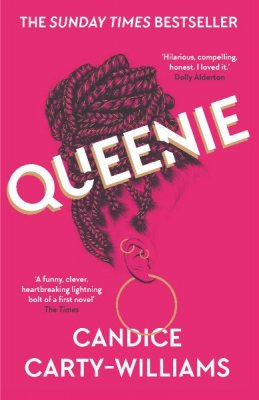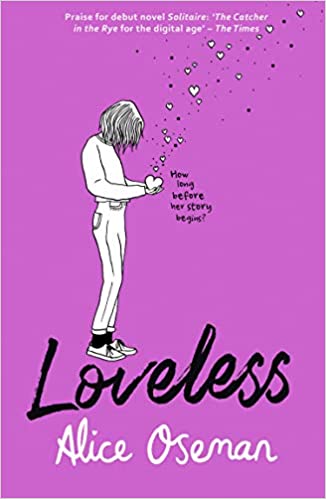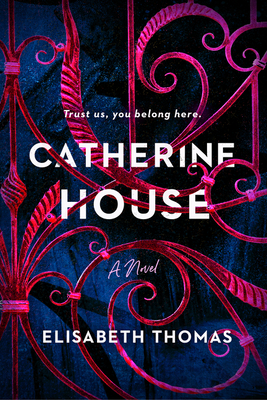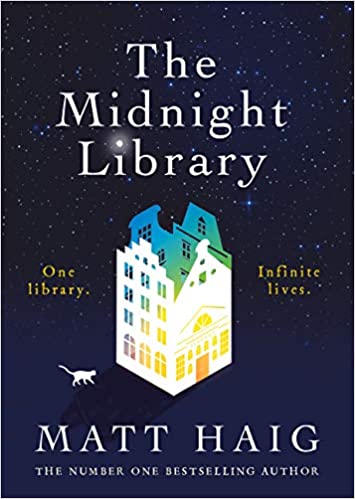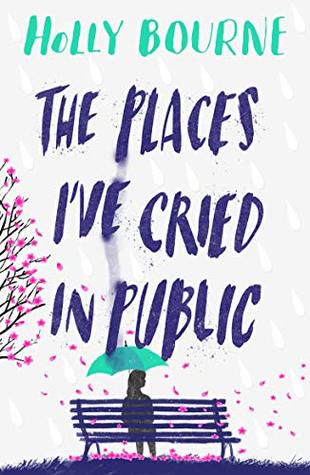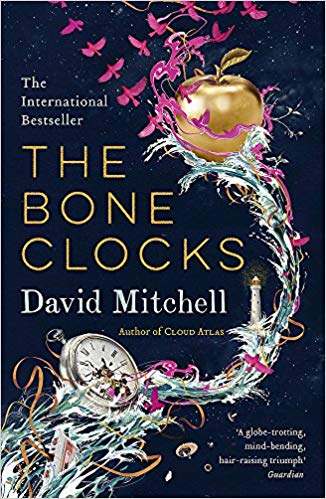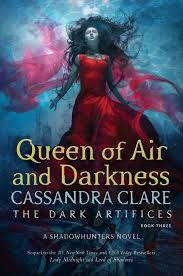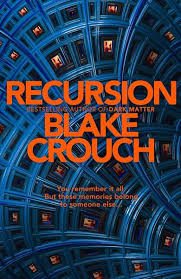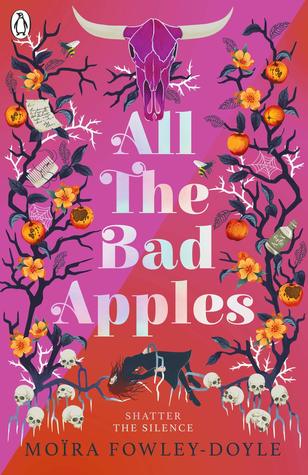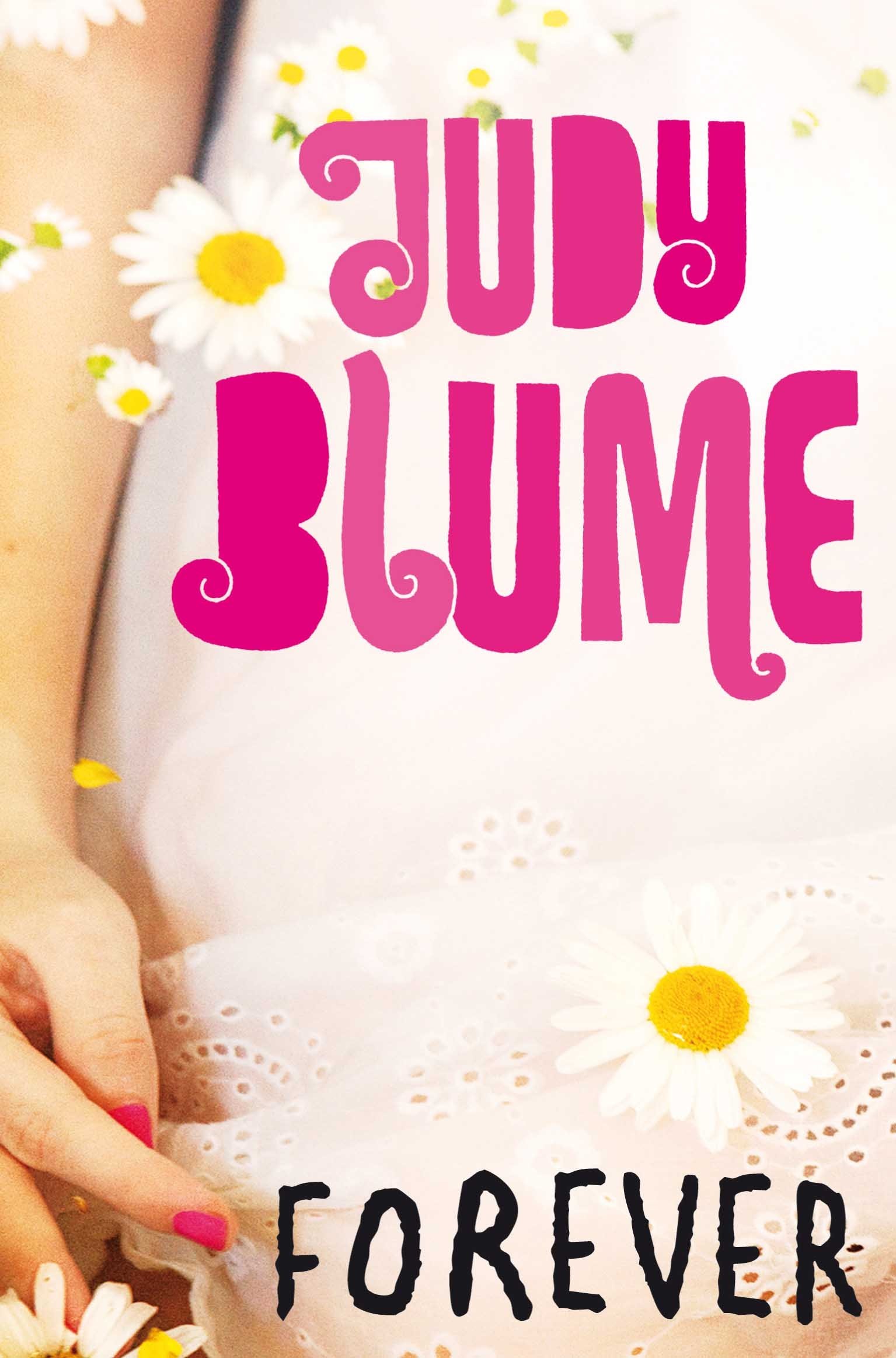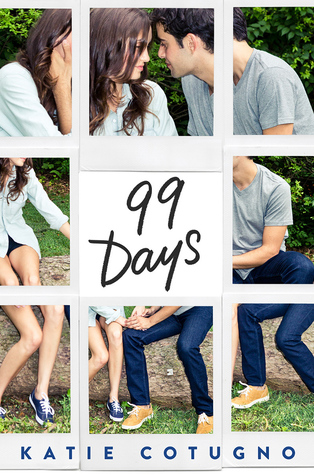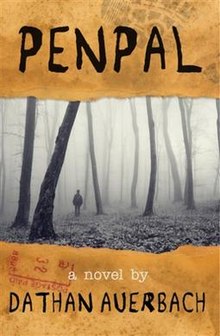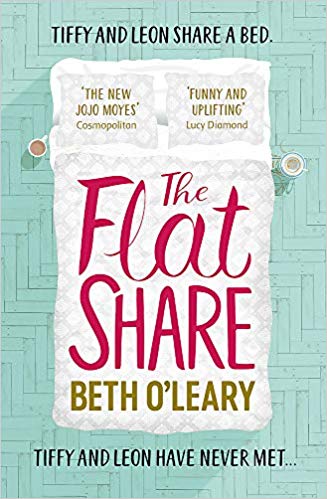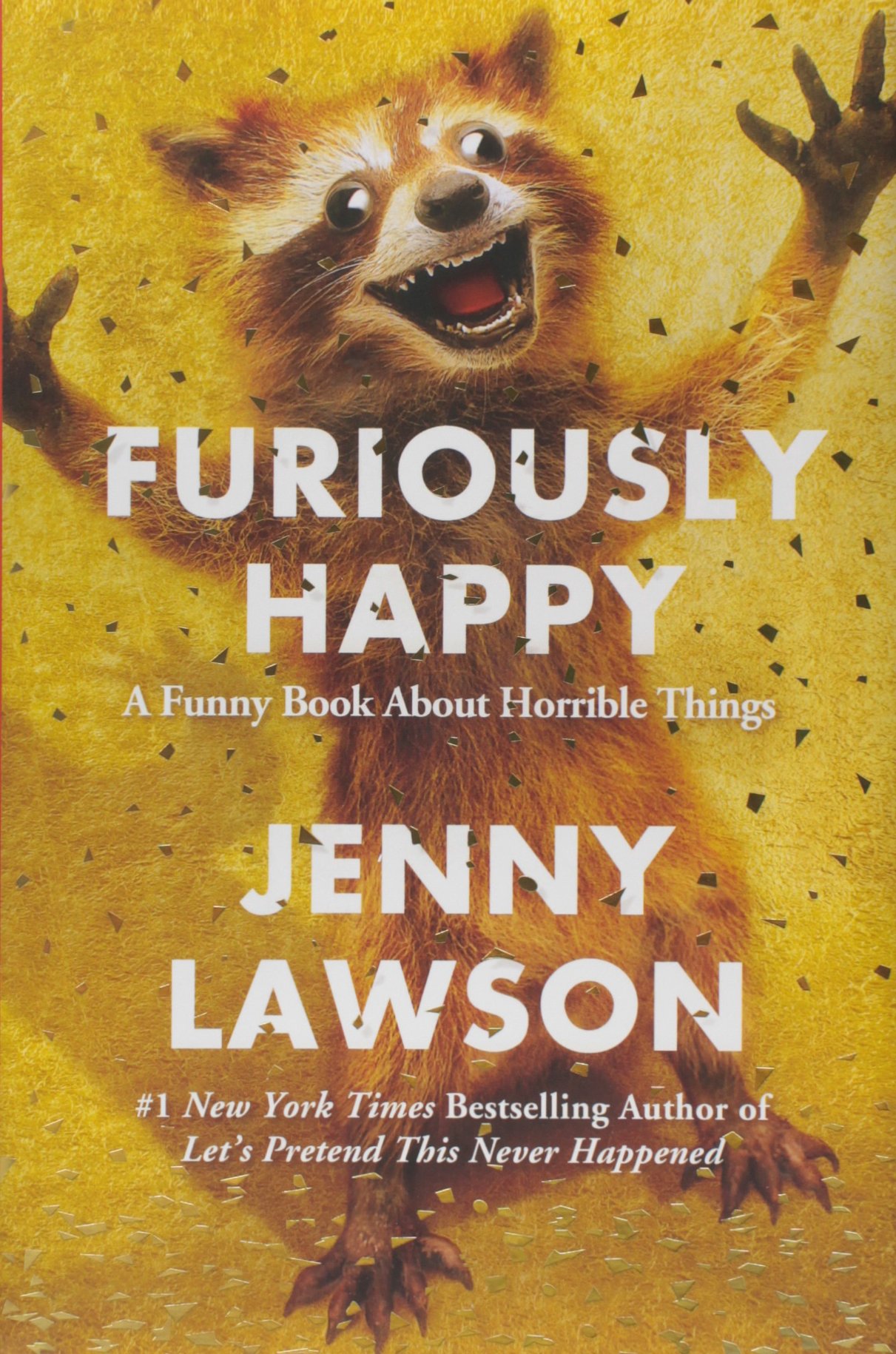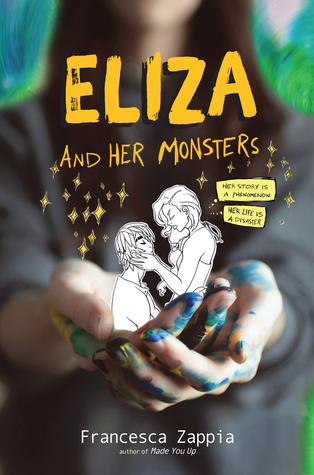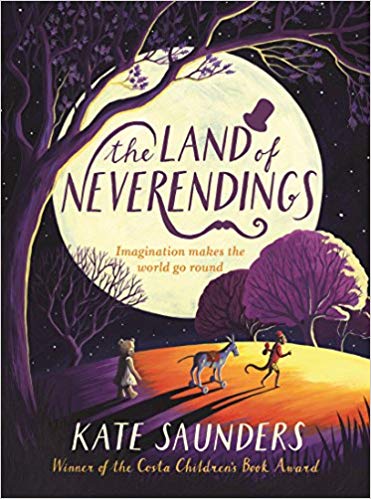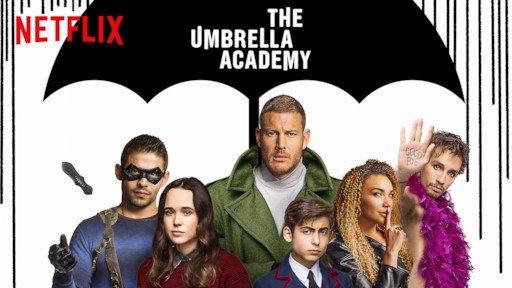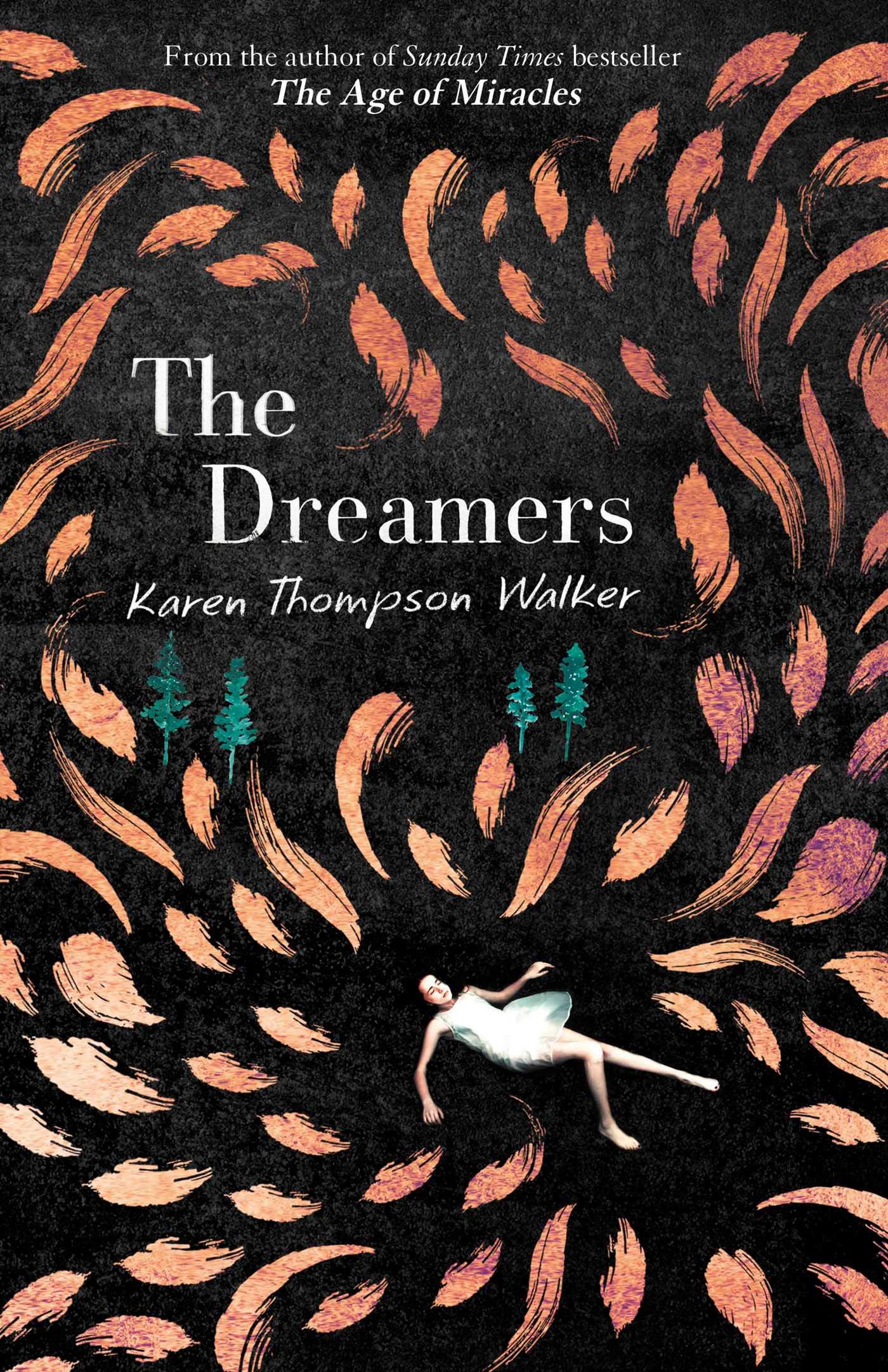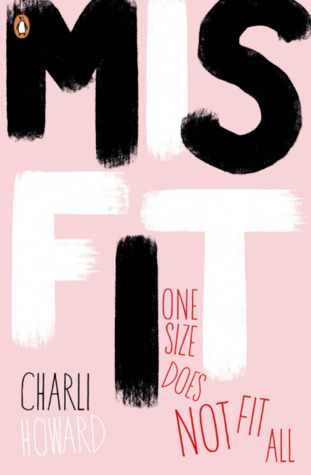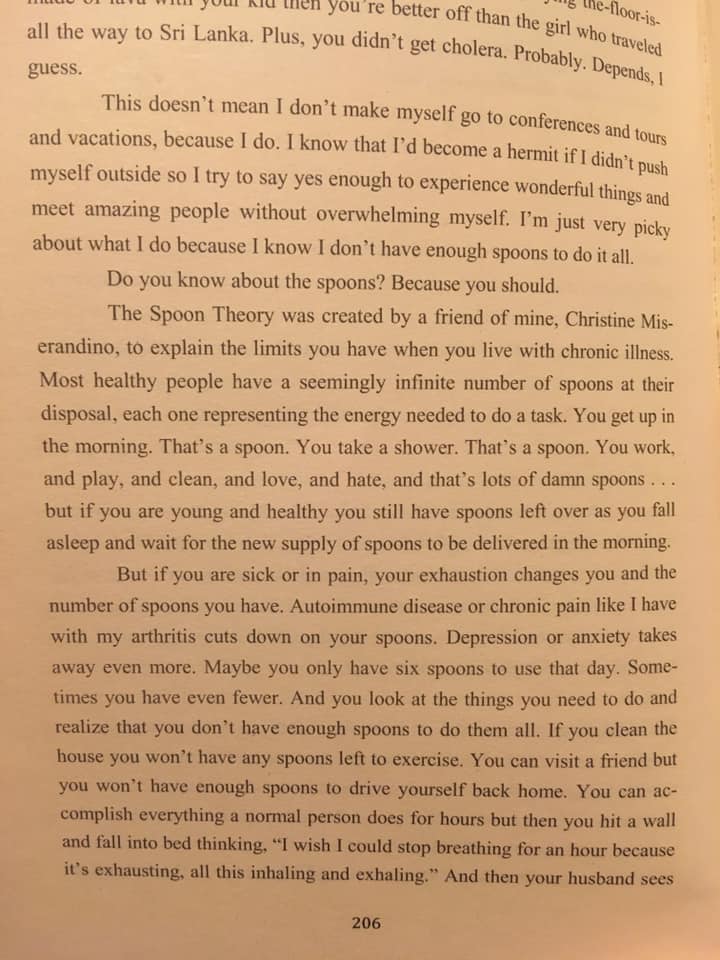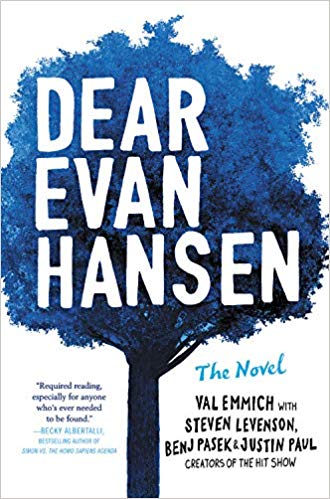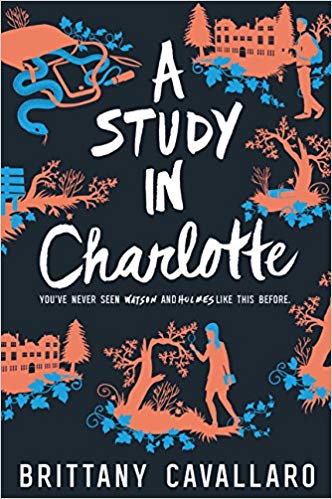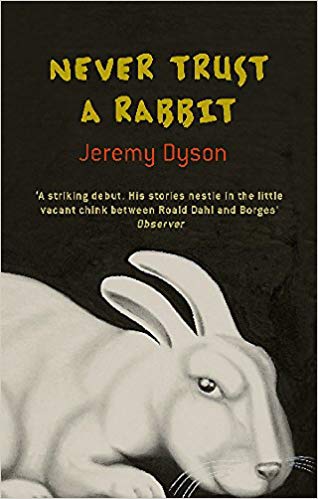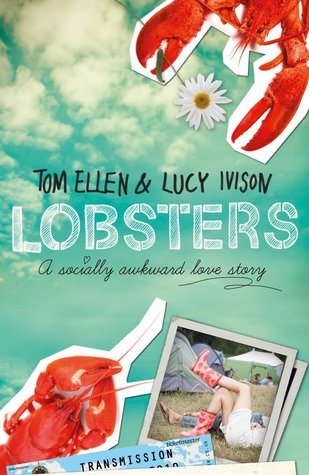Hi everyone! Hope you’re doing well.
I realise it isn’t anywhere NEAR the middle of the year at this point, but I wanted a succinct way to wrap up my reading so far this year, so I decided to revisit this book tag. I intended to post more this year, especially after claiming I was making a ‘comeback to book blogging’, but life very much got in the way. Some of the things which ‘got in the way’ were lovely, like planning my wedding, travelling, and getting married!!!, and others were not so nice, like my crazy brain deciding to go even more crazy than usual.
My mental health is very rocky at the moment and OCD is trying to destroy my life, but reading and writing seem to be some of the only things which actually help distract me from my intrusive thoughts, so perhaps I’ll be hanging around here a bit more going forwards.
Before I get started, here are a few pics from the happiest day of my life!!! 🙂 Of course my stuffed pig, Piggly Puff, was our ring bearer! There were a few unfortunate mishaps (getting my dress caught in a golf buggy, and spilling food down the front of it – classic me!!) but it honestly didn’t matter, because the sun was shining, and I got to marry my best friend in front of all our loves ones.
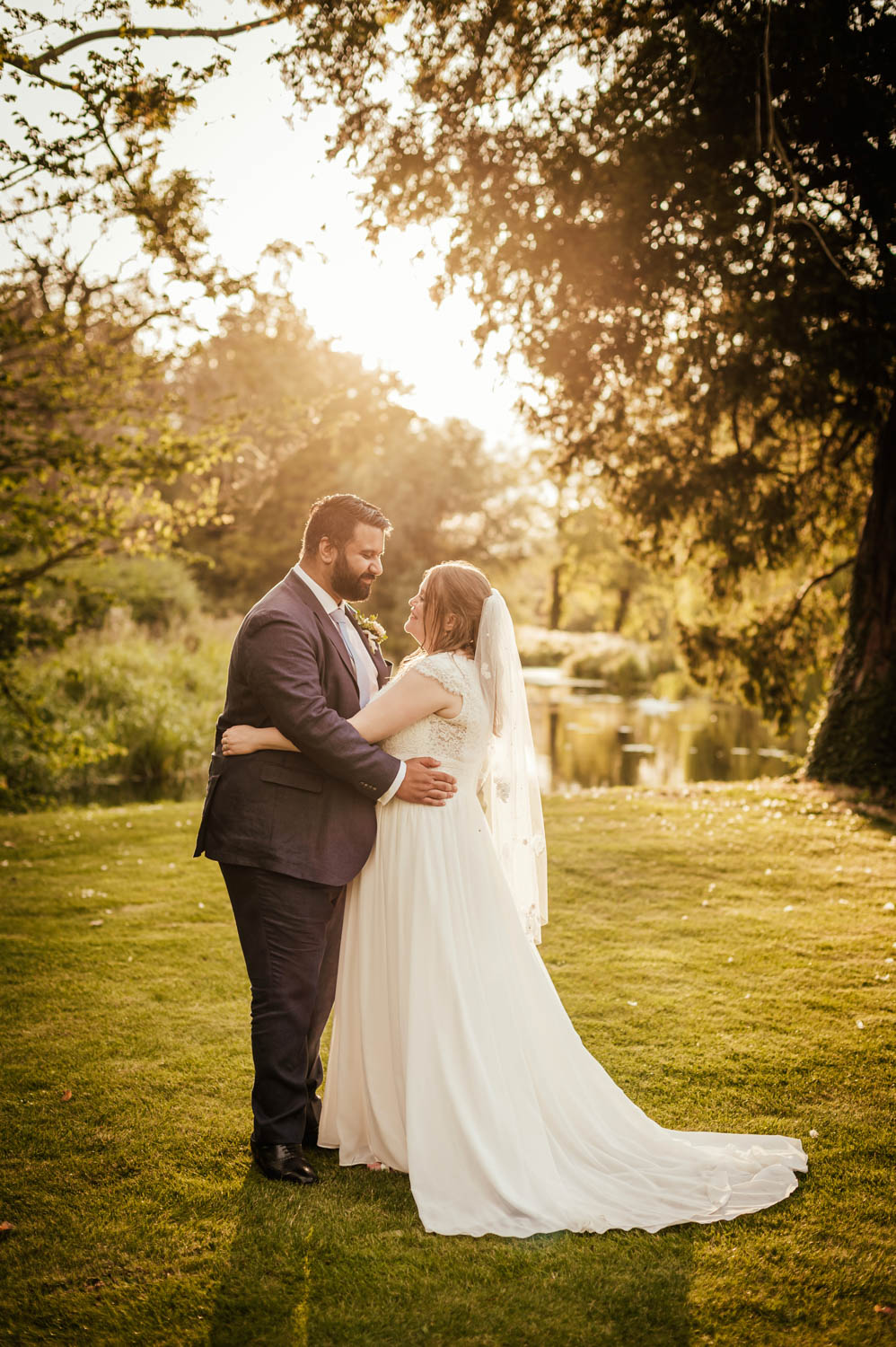
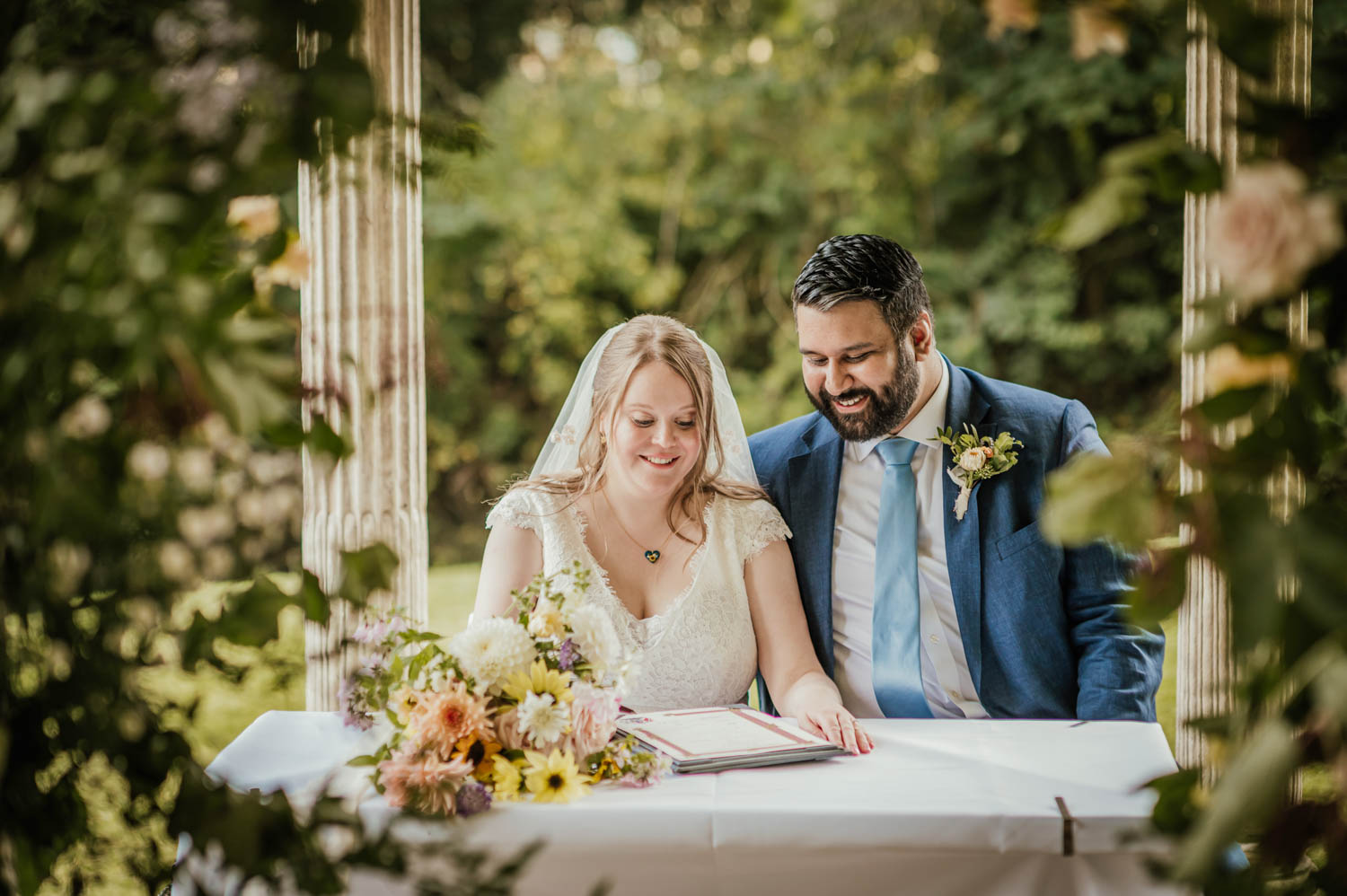
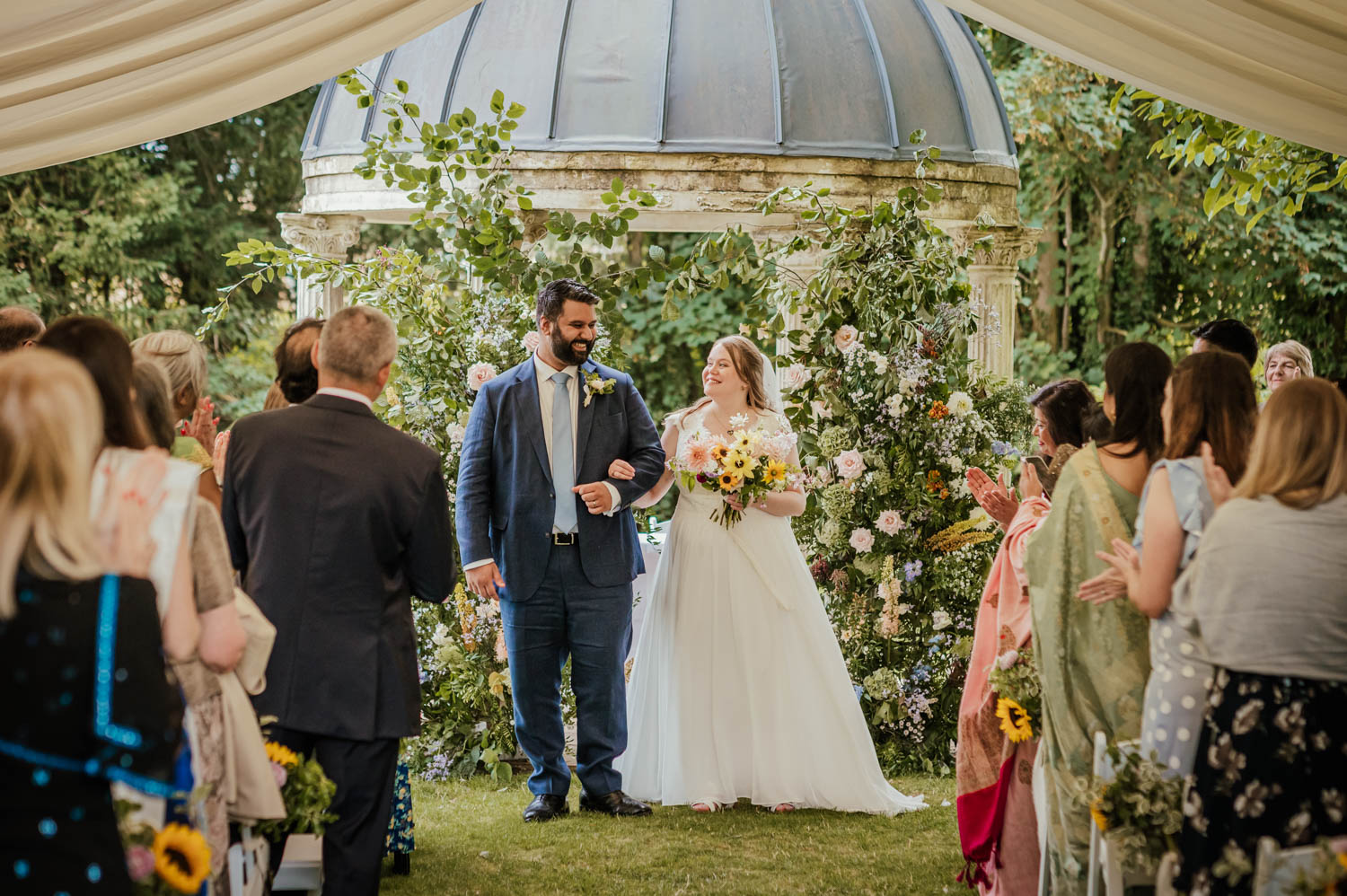
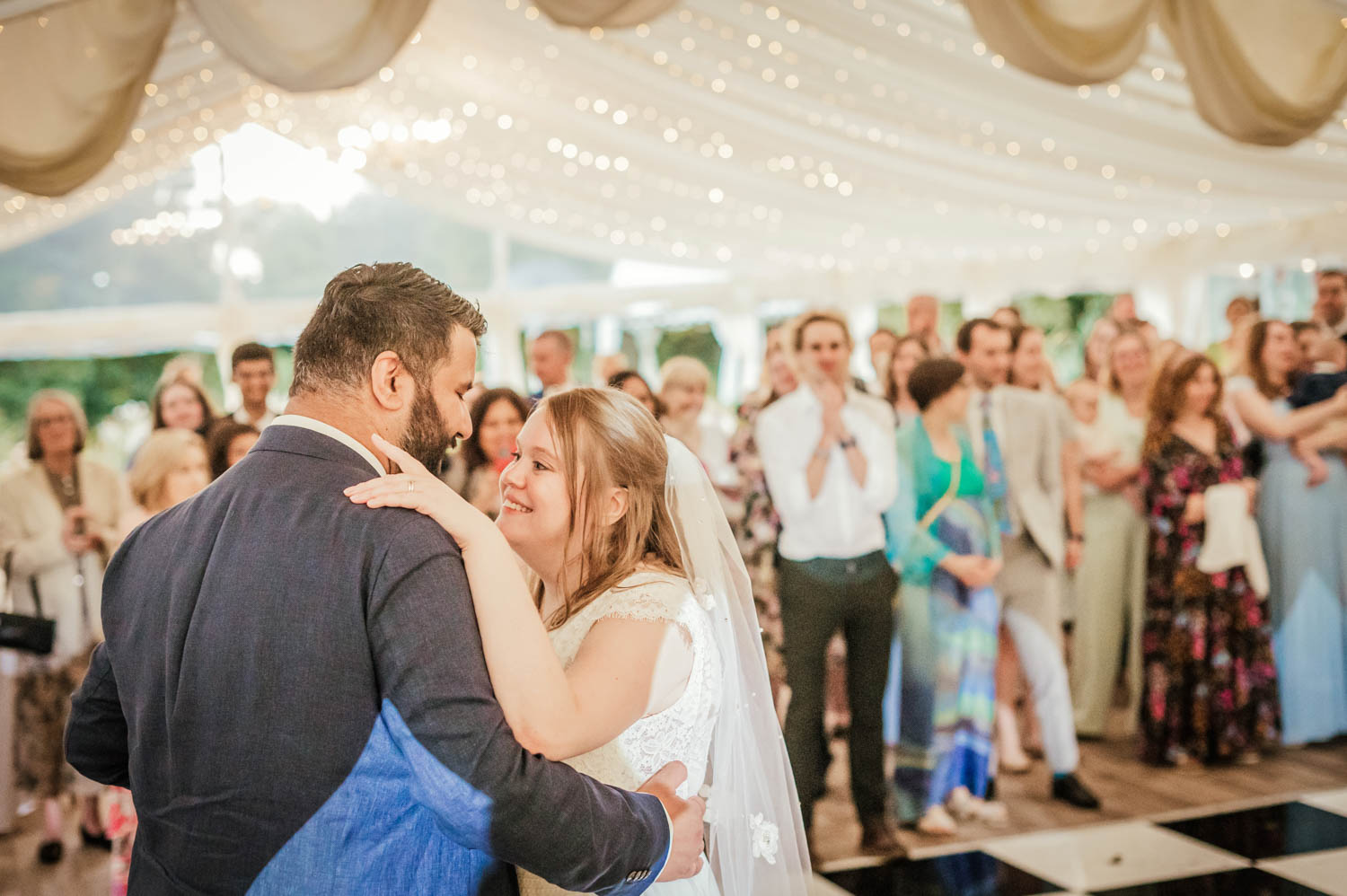
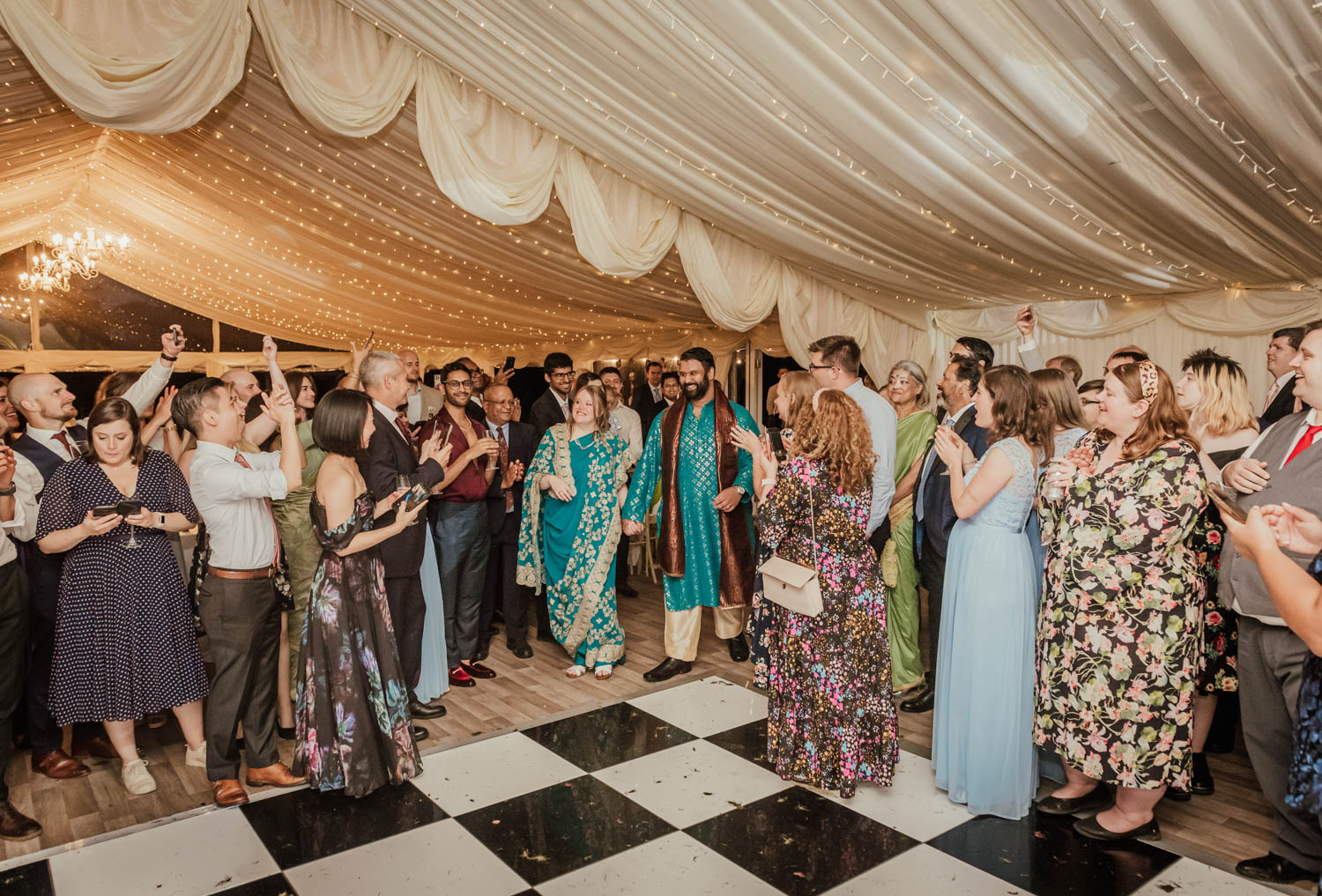
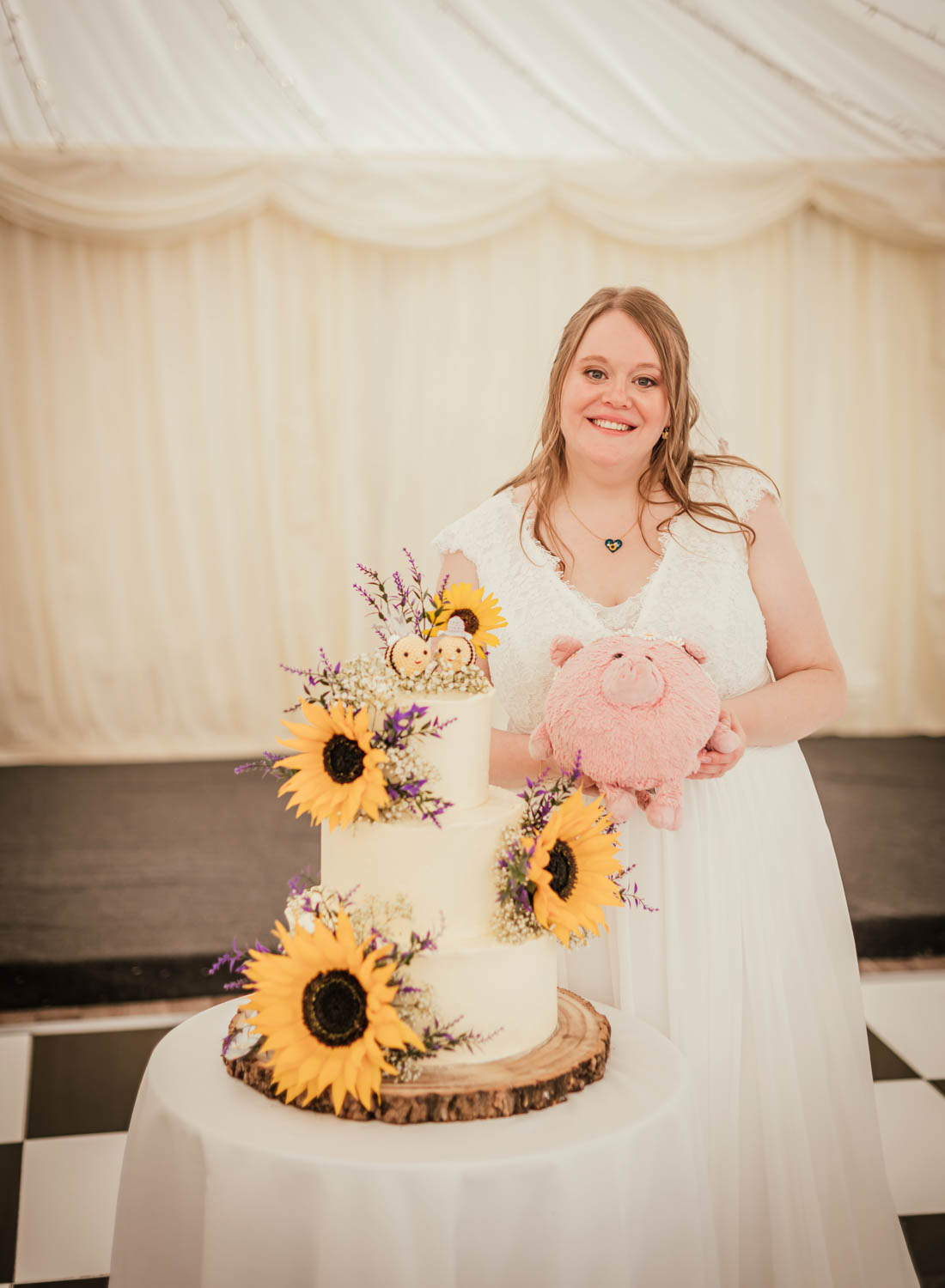
Now on to the The Midyear Book Freakout Tag questions:
Best Book You’ve Read Yet in 2023
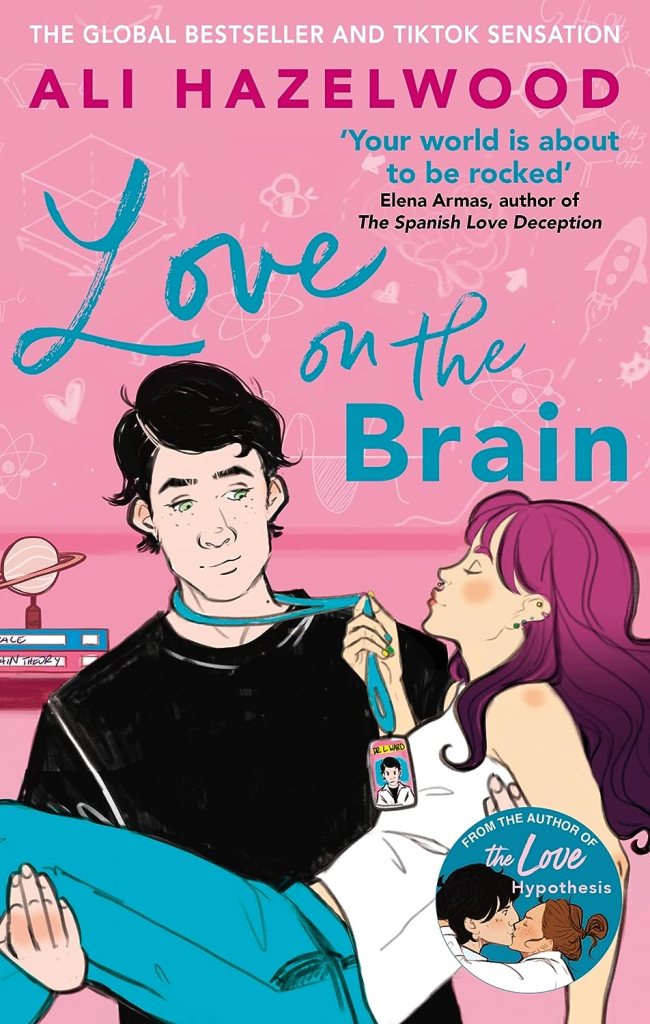
Love on the Brain by Ali Hazelwood
I’ve decided to define ‘Best Book’ as ‘Book I enjoyed the most’ this year, so this had to win the contest. I loved this so much, and ended up reading it in less than 24 hours. Some people are snobby about romances that are popular on TikTok, but I have an English Literature degree and I’m trash for them, so I don’t care – let people enjoy what they want! I understand that the male love interests in Ali Hazelwood’s books (at least, the two I’ve read) are basically the same extremely tall, broad & grumpy guy with a slightly different academic job title, yet I simply do not care. There’s something so soothing about the predictability of romance books like this. I also genuinely think Ali Hazelwood is excellent at creating romantic tension/chemistry between her characters, and I enjoy the humour in her writing, as well as the way she explores/fights against the misogyny faced by women working in STEM.
For those who’ve read the book: did Bee’s assistant Rocio remind anyone else of April Ludgate from Parks and Rec? Their personalities were so similar and I legit heard all of her dialogue in Aubrey Plaza’s voice!
Best Sequel You’ve Read So Far in 2023
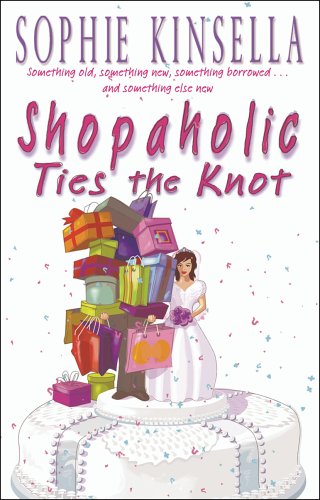
Shopaholic Ties the Knot by Sophie Kinsella
I decided to start a big re-read of the Shopaholic series the week before my wedding, because I wanted something easy I’d read many times before that would take my mind off last minute wedding planning stress! Obviously this particular book is ABOUT wedding planning stress, but by the time I got around to this one, I was already happily married, with all planning hiccups/meltdowns behind me, so it wasn’t anxiety-inducing to read. Re-reading these books has felt like coming home – I’m so familiar with all the characters and they feel like family, especially Becky and Suze (whose fictional friendship is one of my favourites of all time.) It’s also been long enough since I last read the series that the funny parts felt fresh and made me laugh again. These books are my ultimate comfort reads!
New Release You Haven’t Read Yet But Want To
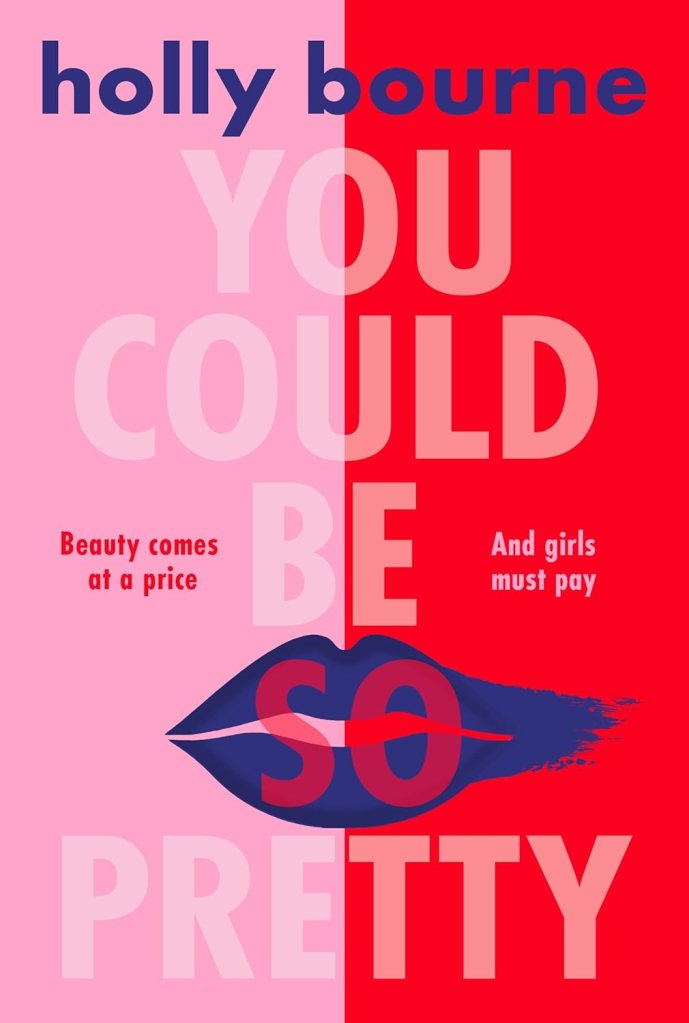
You Could Be So Pretty by Holly Bourne
Holly Bourne is an auto-buy author for me, and I’m very intrigued to read this one as she’s venturing into the dystopian genre this time, instead of her usual contemporary (though still exploring feminist themes). I’ll probably pick this one up at YALC later in the year, as I need to try my best not to buy too many books before then!
Most Anticipated Release for the Second Half of the Year
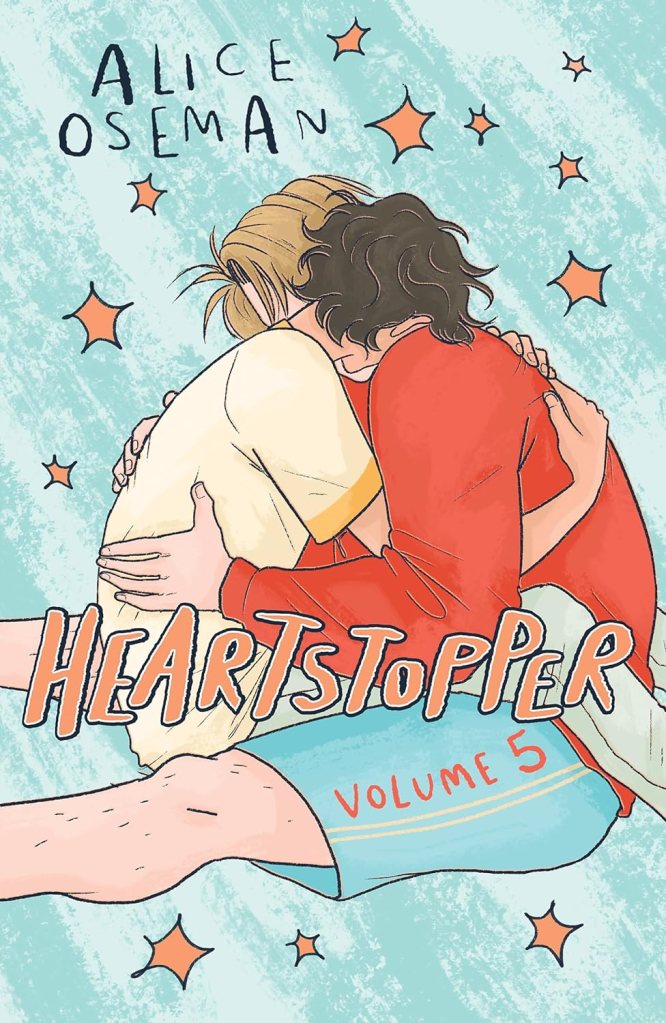
Heartstopper Volume 5 by Alice Oseman
I’m really excited for the next installment of Heartstopper. As a bisexual person I appreciate the rep in this story so much, and the exploration of mental illness in the last volume also meant a lot to me personally. I’ve been finding so much comfort in watching the Netflix TV adaption, and re-reading the graphic novels recently: they feel like a warm hug. I can’t wait for season 3 of the show, and I desperately hope that Nick’s new puppy, Henry, makes an appearance, alongside the adorable Nellie.
Biggest Disappointment
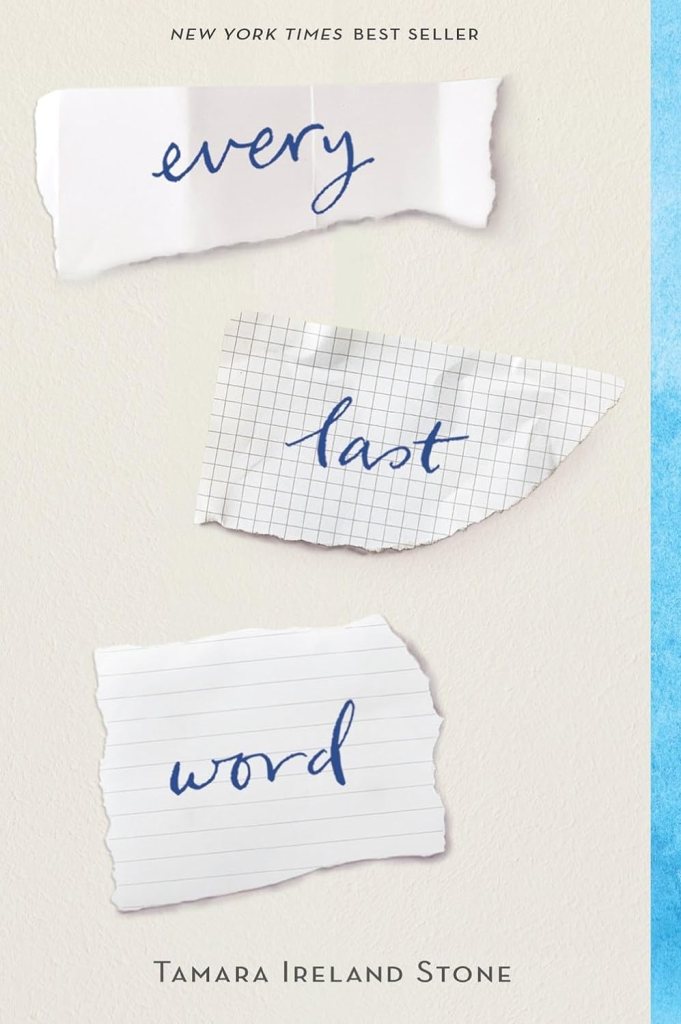
Every Last Word by Tamara Ireland Stone
I picked this book up because it follows a character who, like me, has OCD. Unfortunately, I felt really let down by this book because the OCD representation was so surface-level. The author does not have OCD (she mentions this in the book’s afterword) and you can really tell, as in my opinion it doesn’t adequately capture the mental torture and unbearable anxiety/distress of living with this illness at all. I might do a full review of this book at some point as I have a lot of thoughts.
Biggest Surprise
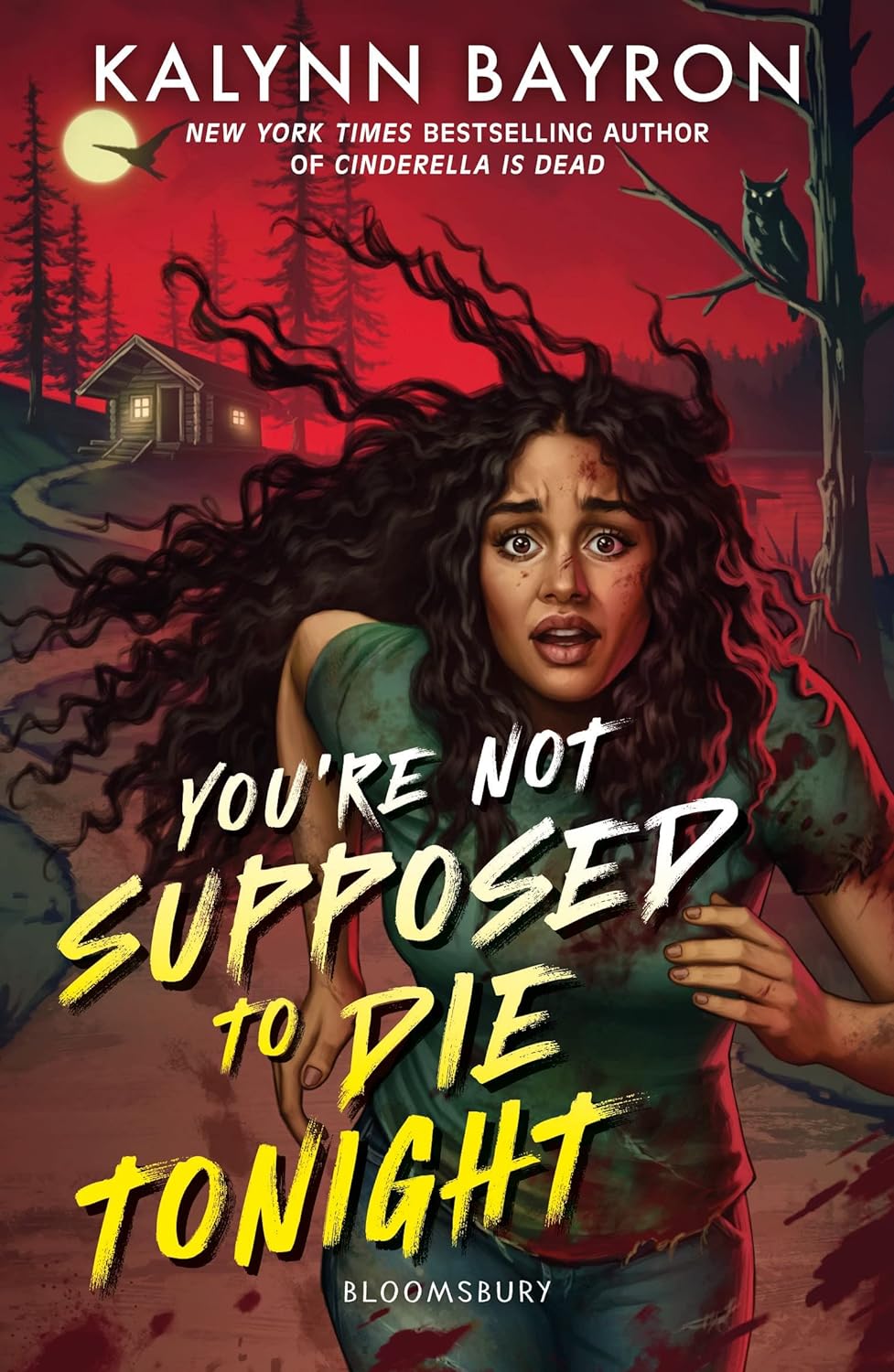
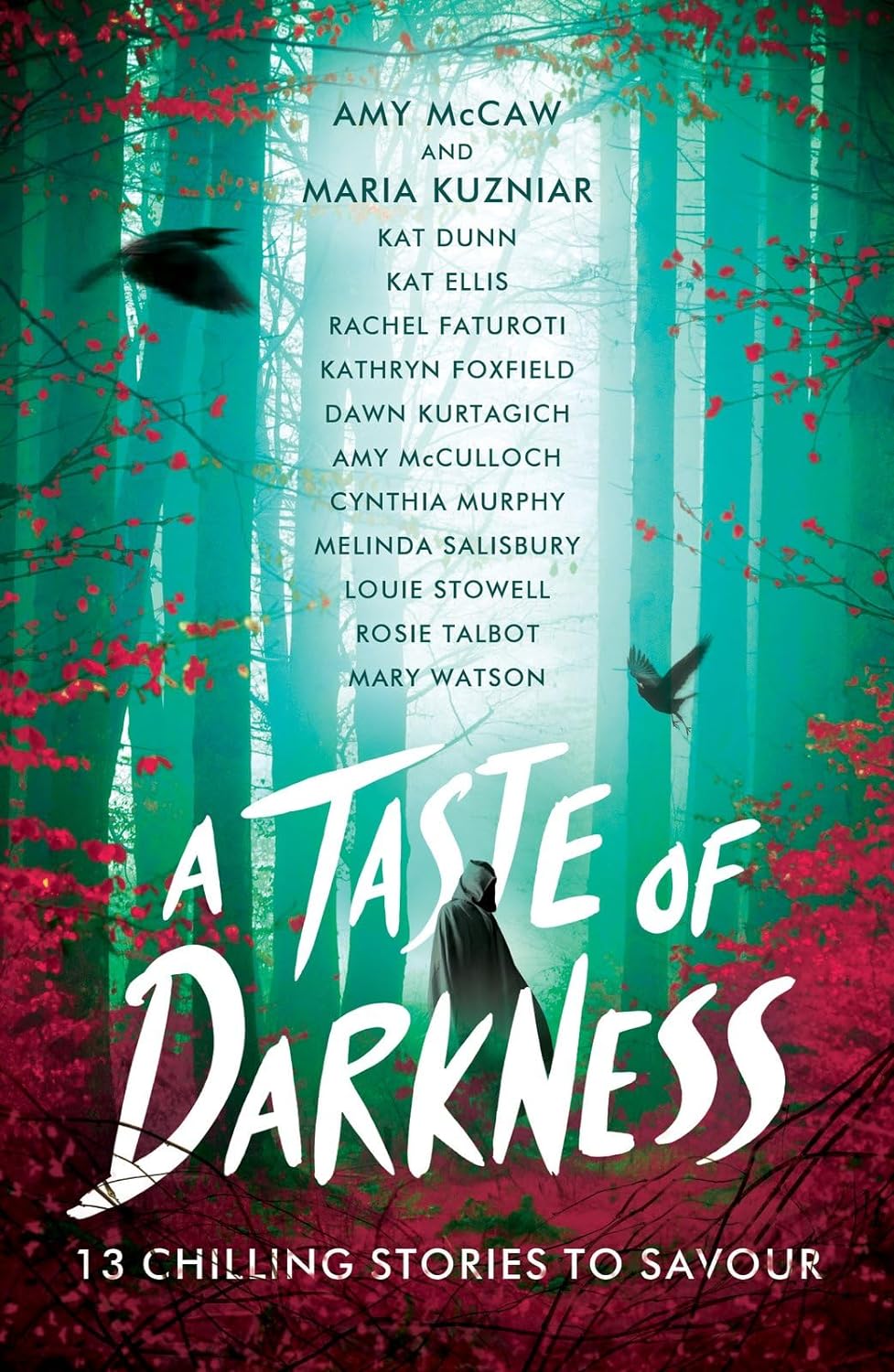
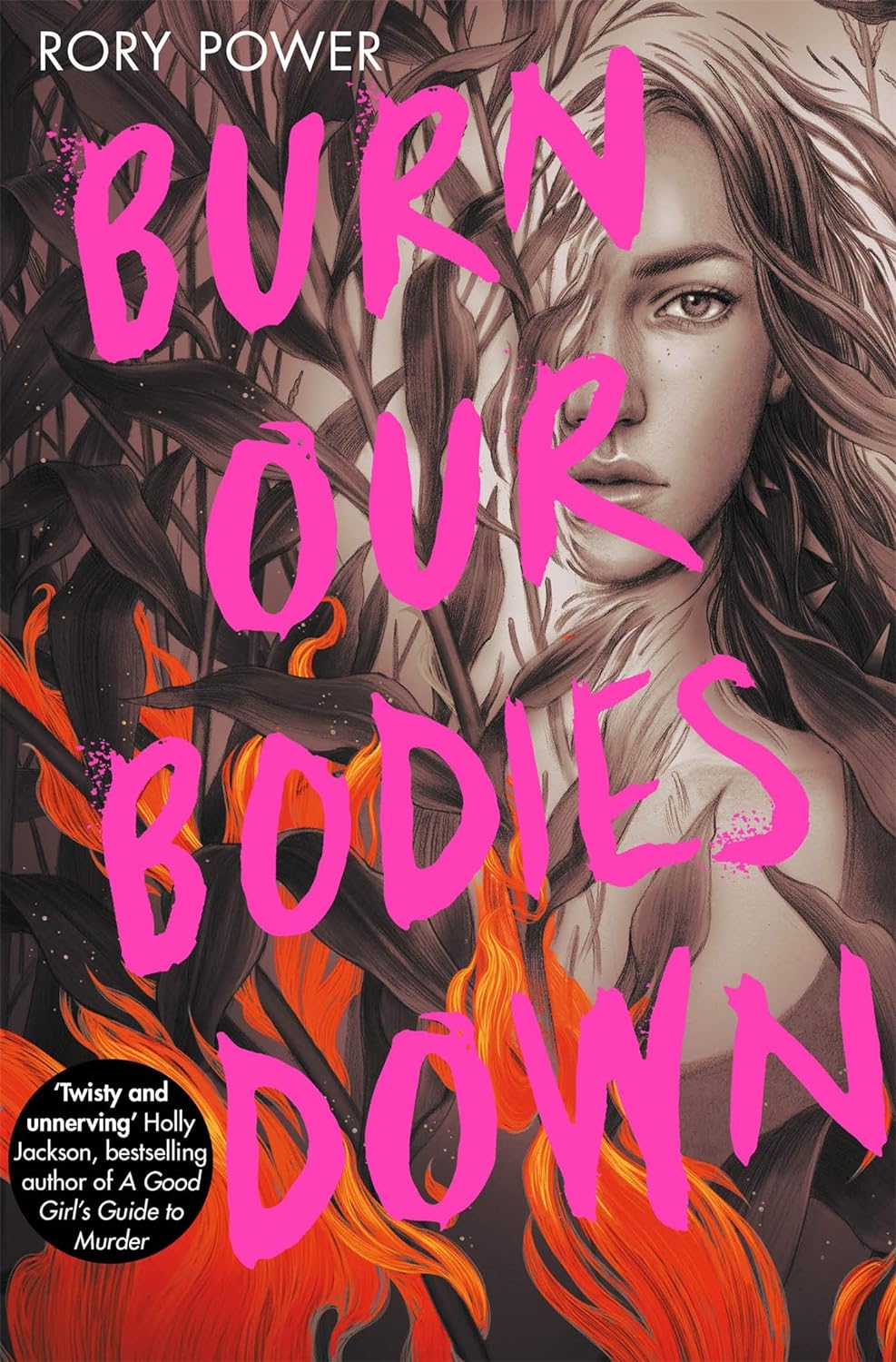
You’re Not Supposed To Die Tonight by Kalynn Bayron / A Taste of Darkness edited by Amy McCaw and Maria Kuzniar / Burn Our Bodies Down by Rory Power
I often end up disappointed with YA horror books, and very rarely find them scary, but all three of these books were unsettling and genuinely creeped me out! I stayed up really late into the night reading You’re Not Supposed to Die Tonight as it was so addictive. The A Taste of Darkness anthology had more hits than misses, which I hardly EVER find in a short story collection (my favourite was Saint Clover by Melinda Salisbury.) And Burn Our Bodies Down had the best weird, wtf-is-going-on vibes running through it! Loved all three.
Favourite New Author
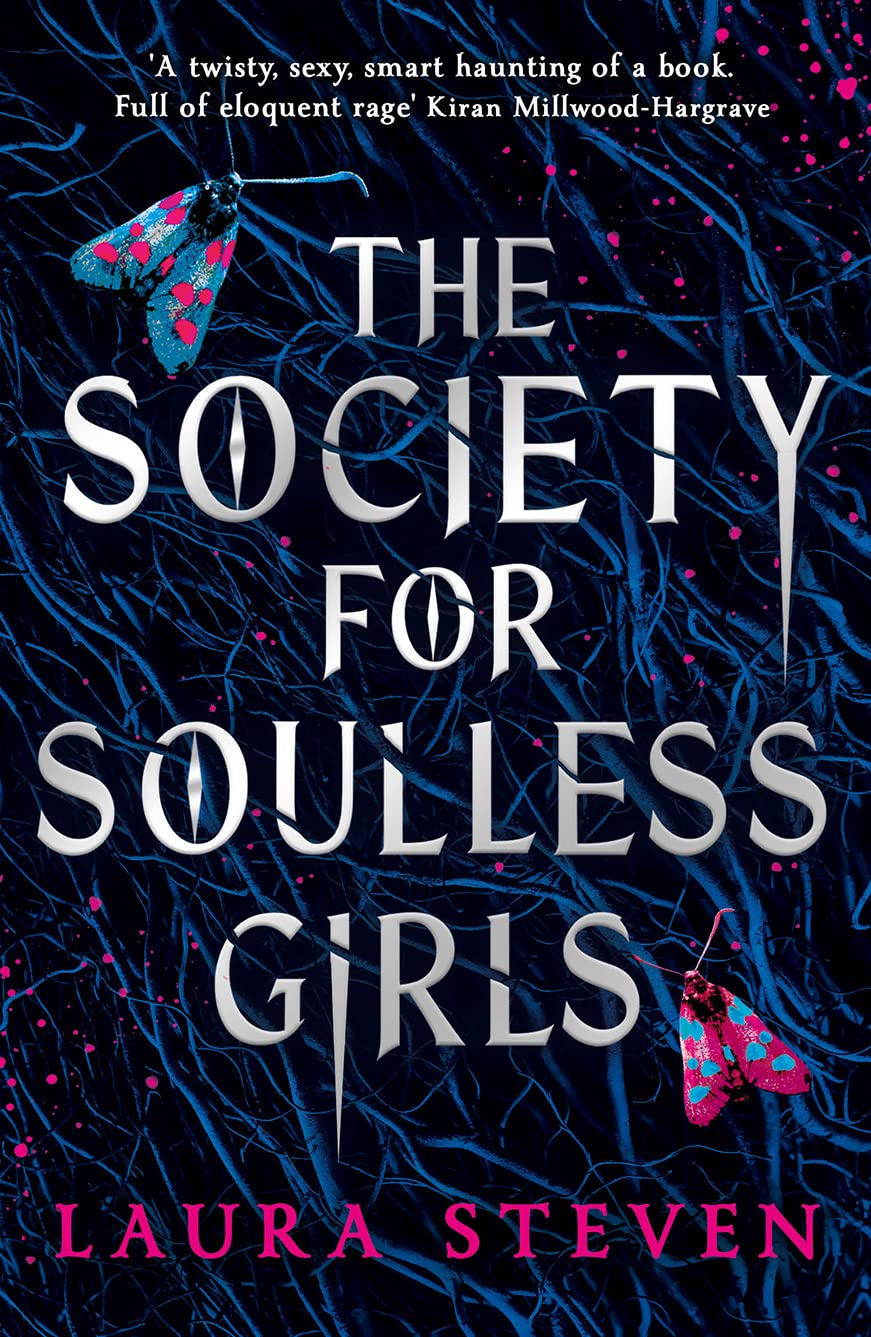
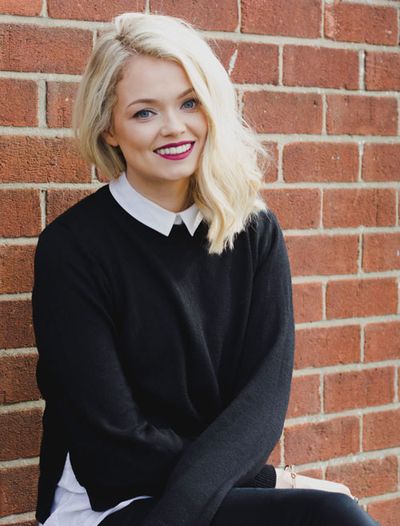
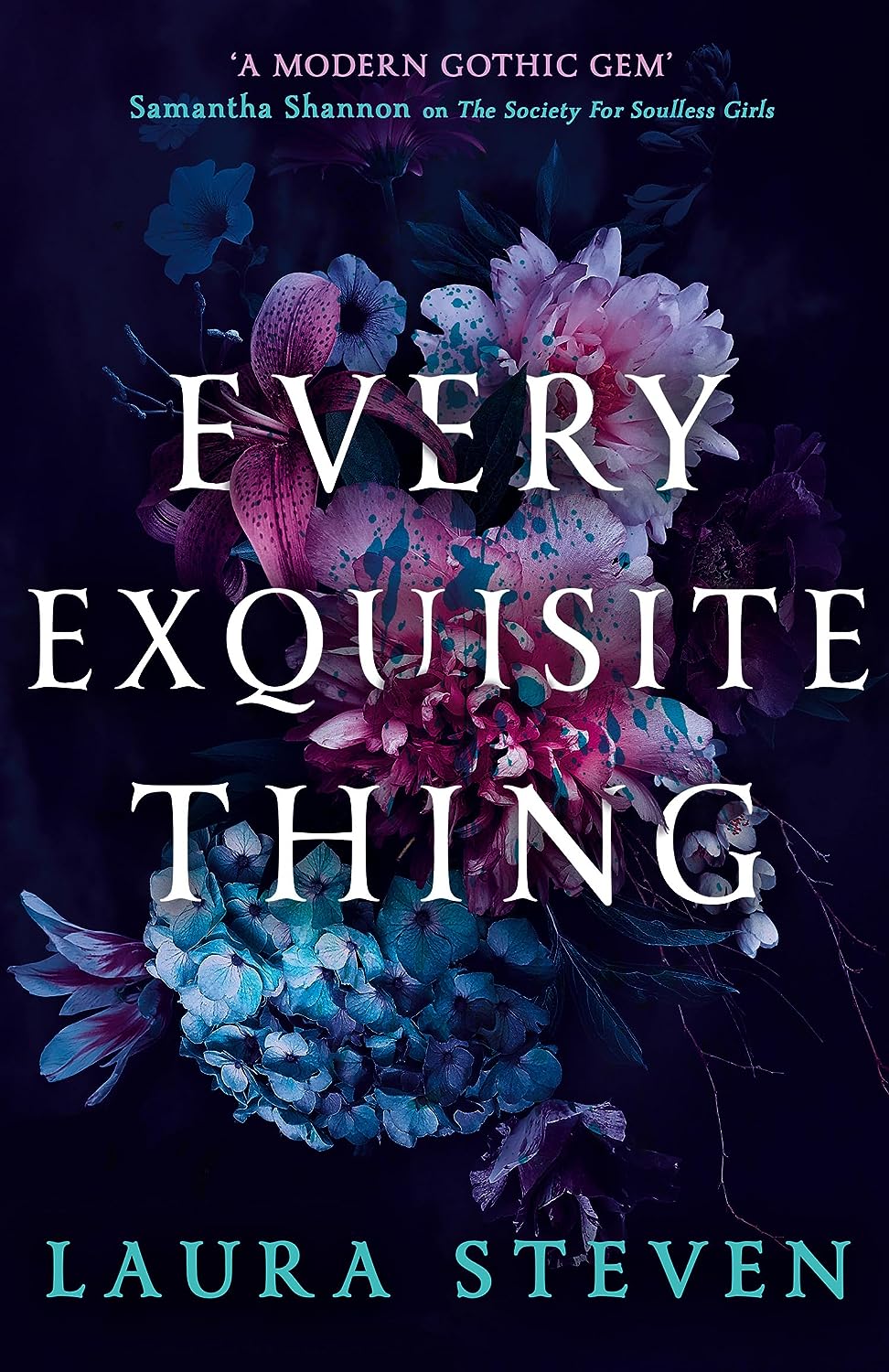
Laura Steven
I’ve read two books by Laura Steven this year – The Society for Soulless Girls (which is a retelling of Dr Jeckyll and Mr Hyde) and Every Exquisite Thing (a retelling of The Picture of Dorian Gray.) The gothic/dark academia vibes are immaculate in both of these novels, I loved both sapphic romantic subplots, and I enjoyed unravelling the mysteries at the heart of these books. Something I also loved was the inclusion of neurodivergent characters – although it’s not explicitly stated, I’m 99.9% sure Penny in EET is autistic. She takes everything literally, can’t read social situations/tone, gets overwhelmed in the busy college canteen, and is constantly ‘masking’. Although she was a character who made very different decisions than I would have, I very much related to her personality/autistic traits. It makes me feel at home to see characters like myself in a book.
Newest Fictional Crush
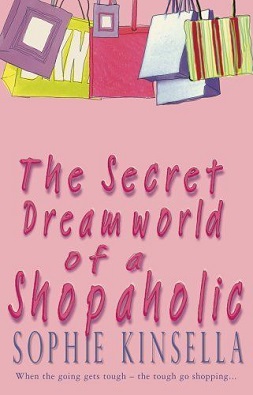
Luke Brandon from the Shopaholic series by Sophie Kinsella
It’s not a new one, but I’ve re-discovered my soft spot for Luke Brandon from the Shopaholic Series. I love his dry sense of humour, and the teasing nature of his relationship with Becky. It reminds me a lot of the relationship I have with my husband.
Newest Favourite Character
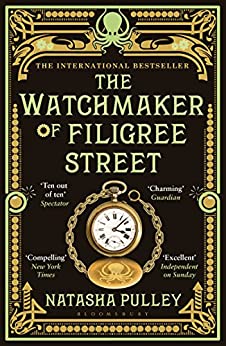
Katsu the clockwork octopus from The Watchmaker of Filigree Street by Natasha Pulley!
This octopus had my whole heart. I loved his cheeky personality and tendency to steal everyone’s socks. What a great little guy.
Book That Made You Cry
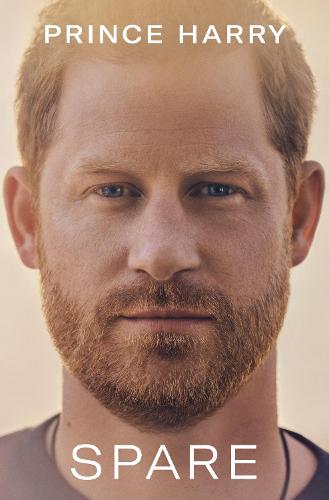
Spare by Prince Harry
The opening chapters of Prince Harry’s memoir, recounting his mother’s death, were so emotional and had me in tears almost straight away. I know there has been a lot of controversy surrounding this book, but it’s up there in my top 5 reads of the year so far. I found it fascinating, moving, and surprising in a lot of ways.
Book That Made You Happy
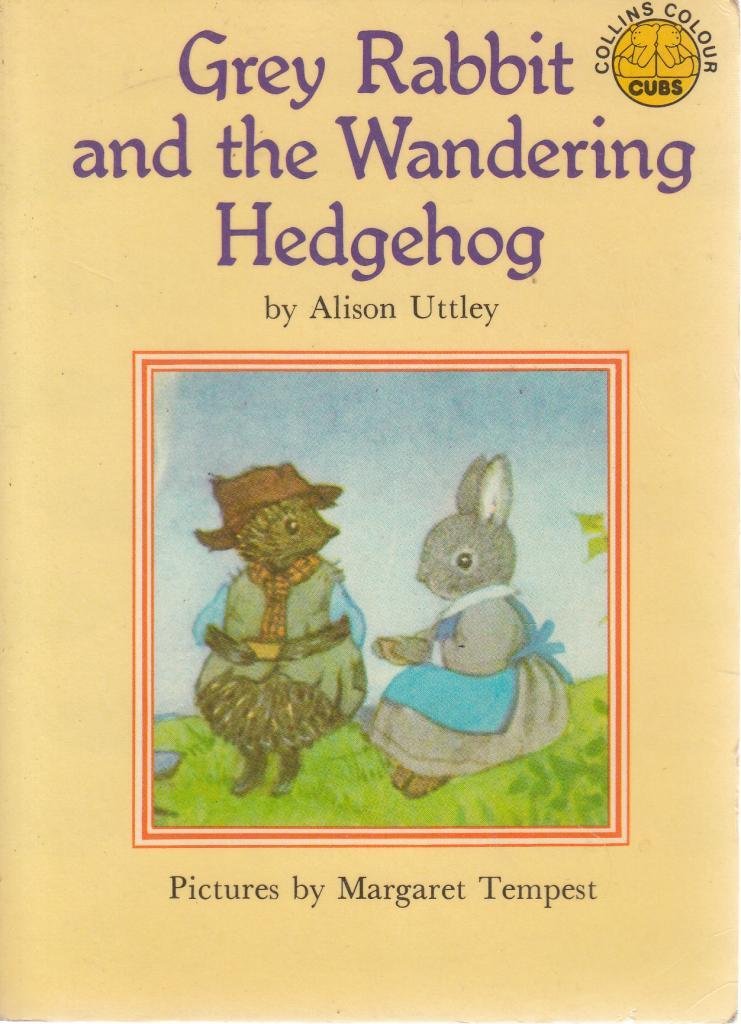
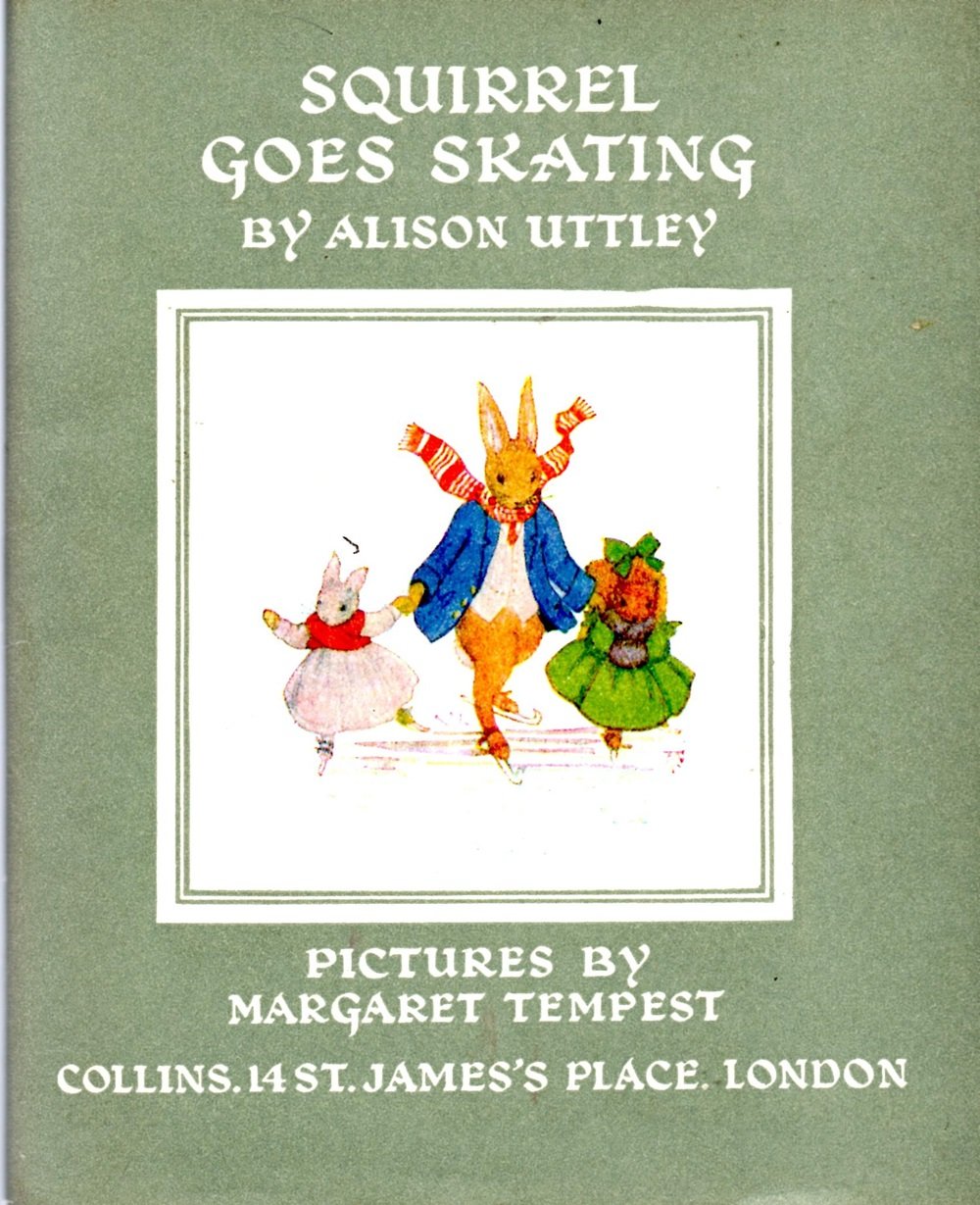
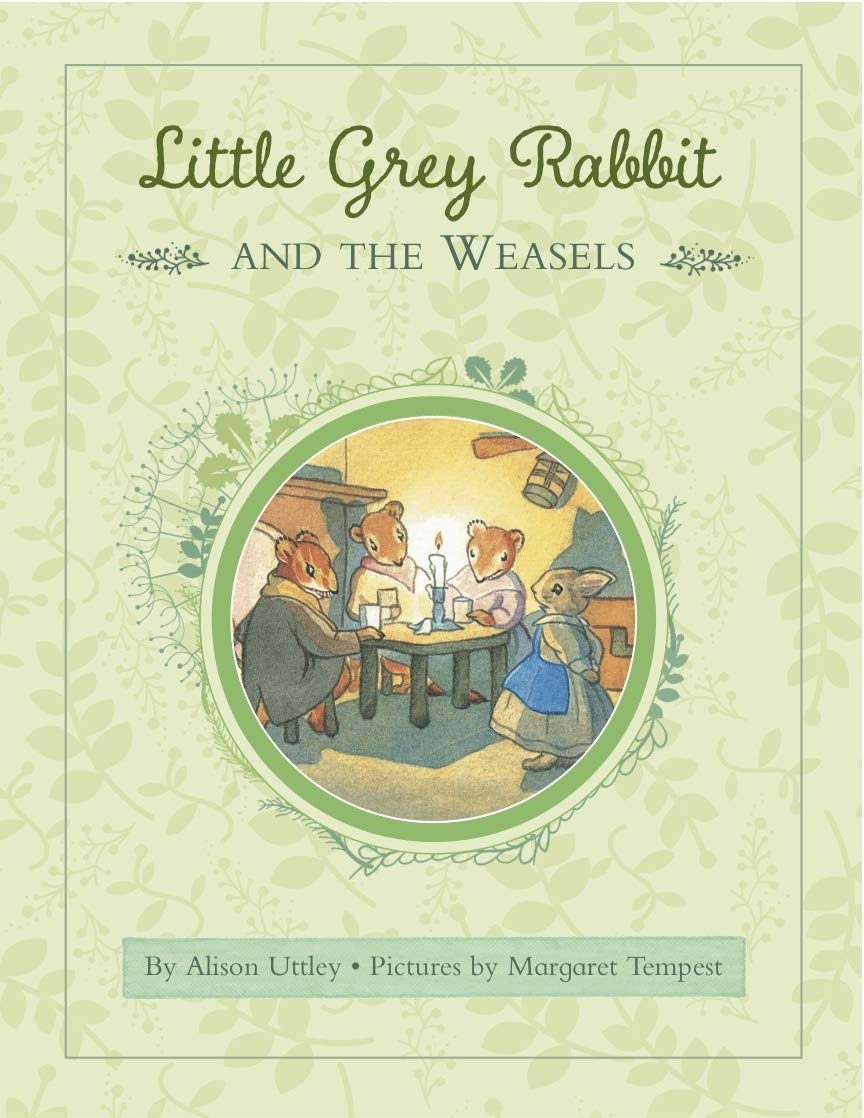
Grey Rabbit and the Wandering Hedgehog / Squirrel Goes Skating / Little Grey Rabbit and the Weasels / Written by Alison Uttley and illustrated by Margaret Tempest
A few years ago, when we cleared my grandma’s house, we found these old books that used to belong to my dad when he was little. He said I could take them, as I love children’s books with these kinds of illustration (they are very reminiscent of Beatrix Potter style drawings). I decided to pick them up earlier this year when I was in a reading slump, as they are very gentle and easy to read, and they were so wholesome and cosy, with such lovely illustrations. Books about little woodland animals pottering around, living their best cottagecore lives, really are my jam. There’s a great vintage children’s bookshop in Central London (Marchpane in Cecil Court) that I discovered this year, and I’m thinking of paying another visit to see if they have any of the Little Grey Rabbit books; I’d love to start a collection.
Favourite Book to Film Adaptation
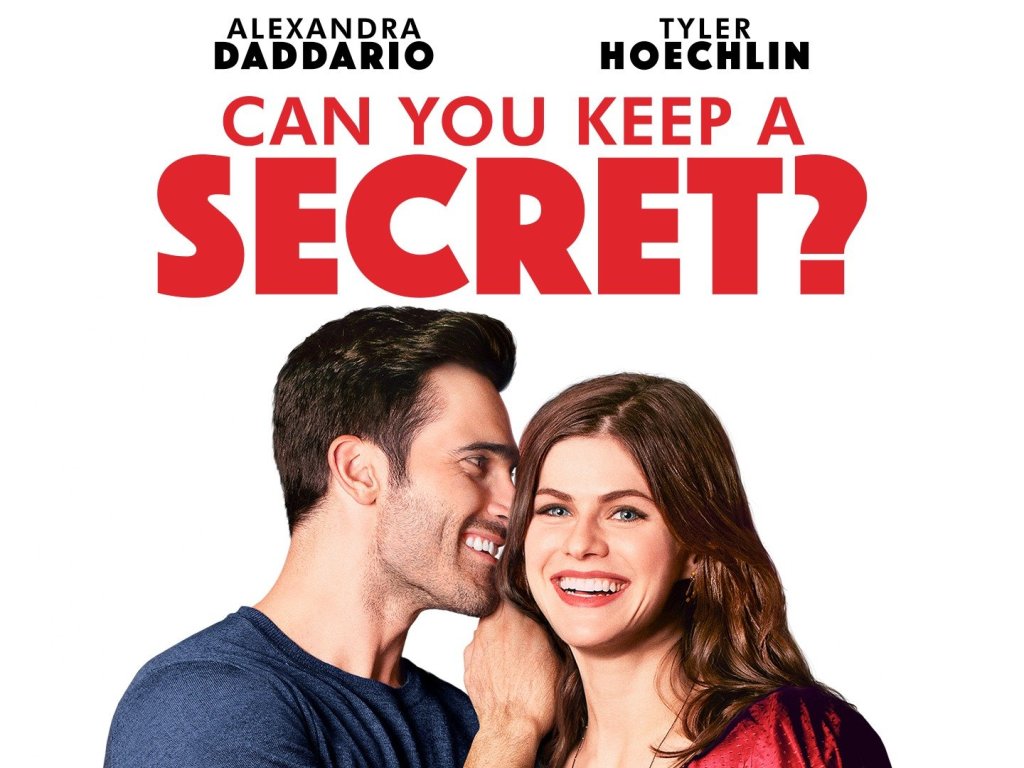
Can You Keep a Secret? (2019)
As I’ve been on a bit of a Sophie Kinsella kick recently, I watched the film adaption of ‘Can You Keep a Secret?’ on Netflix, and I really enjoyed it. It stuck very closely to the book, including small details like funny sub-plots involving the side characters, and I appreciated that so much: it felt like it was written/made by a real fan of the book. The only thing I didn’t like was that the pivotal moment of the story wasn’t nearly as dramatic as it was in the book – the fallout should have been so much bigger.
Favourite Post You Have Done This Year
I’ve only got two to choose from haha. But I did work really hard on my review of Spare by Prince Harry. I had so many thoughts and it ended up being a bit of an essay.
Most Beautiful Book You’ve Bought This Year
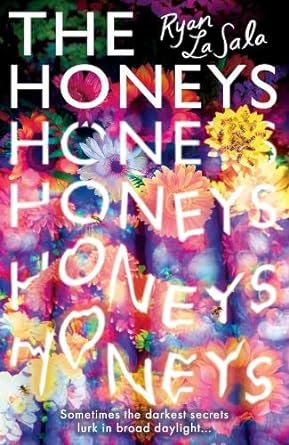
The Honeys by Ryan La Sala
I can’t get over how gorgeous the cover of this book is! This story was so weird and unsettling – it wasn’t my favourite thing I’ve ever read, but I appreciated how sumptuous the writing was, and how ‘off’ the atmosphere felt – consuming this novel felt like stumbling around inside a fever dream.
What Books Do You Need to Read by the End of the Year
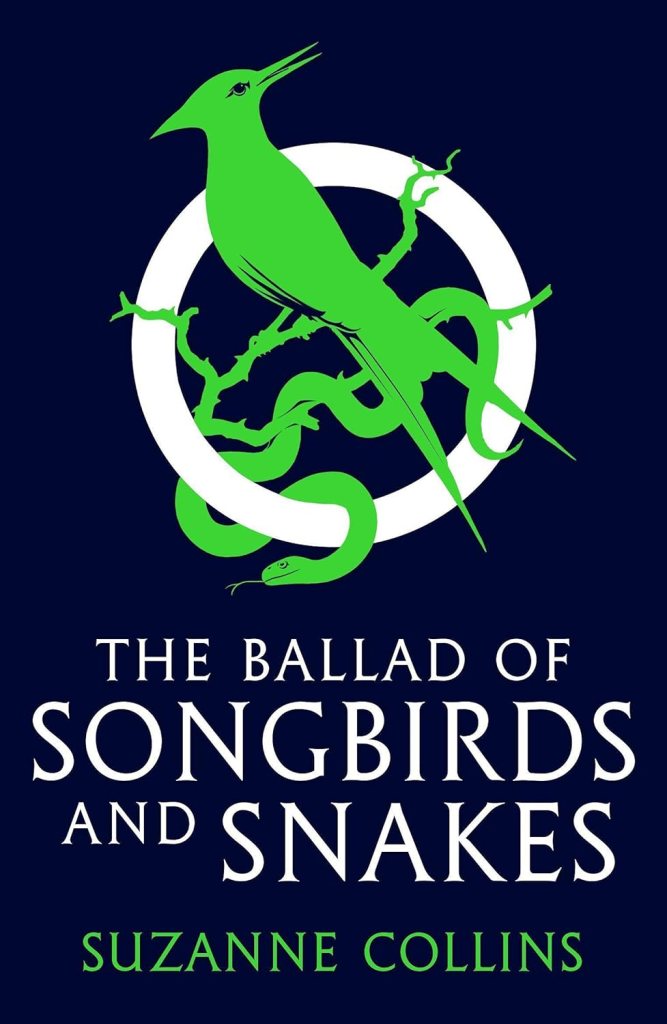
The Ballad of Songbirds and Snakes by Suzanne Collins
I recently bought the Hunger Games prequel, and I’d like to get around to that before the movie comes out in November. I’m also tempted to do a re-read of the entire series, as it has been years since I did that, and I’m in a big re-reading mood at the moment.
Have you read any of these books? What’s your favourite book you’ve read so far this year? I’d love to hear from you!
Lots of literary love, Jess xxx
